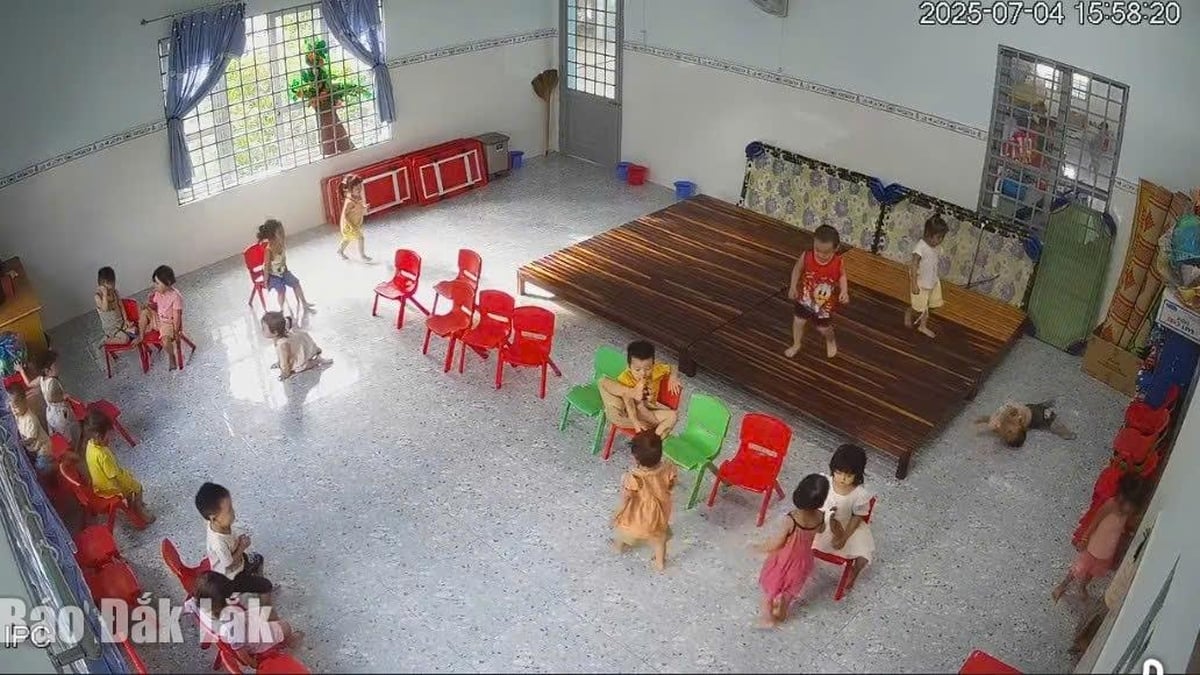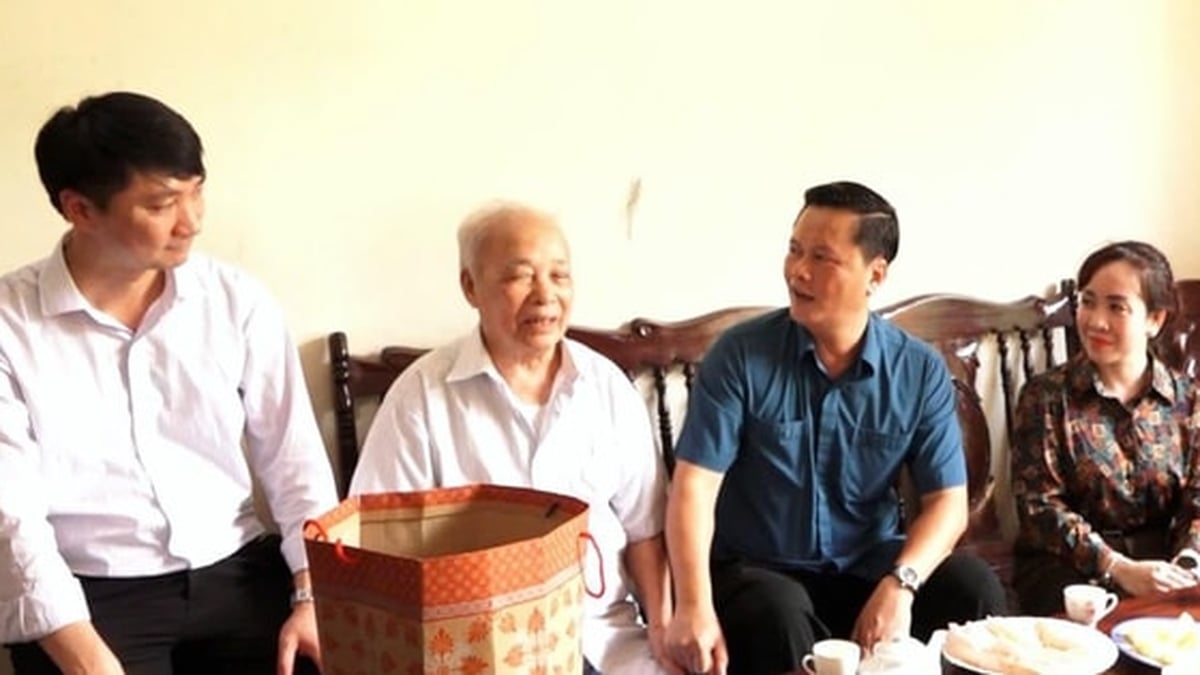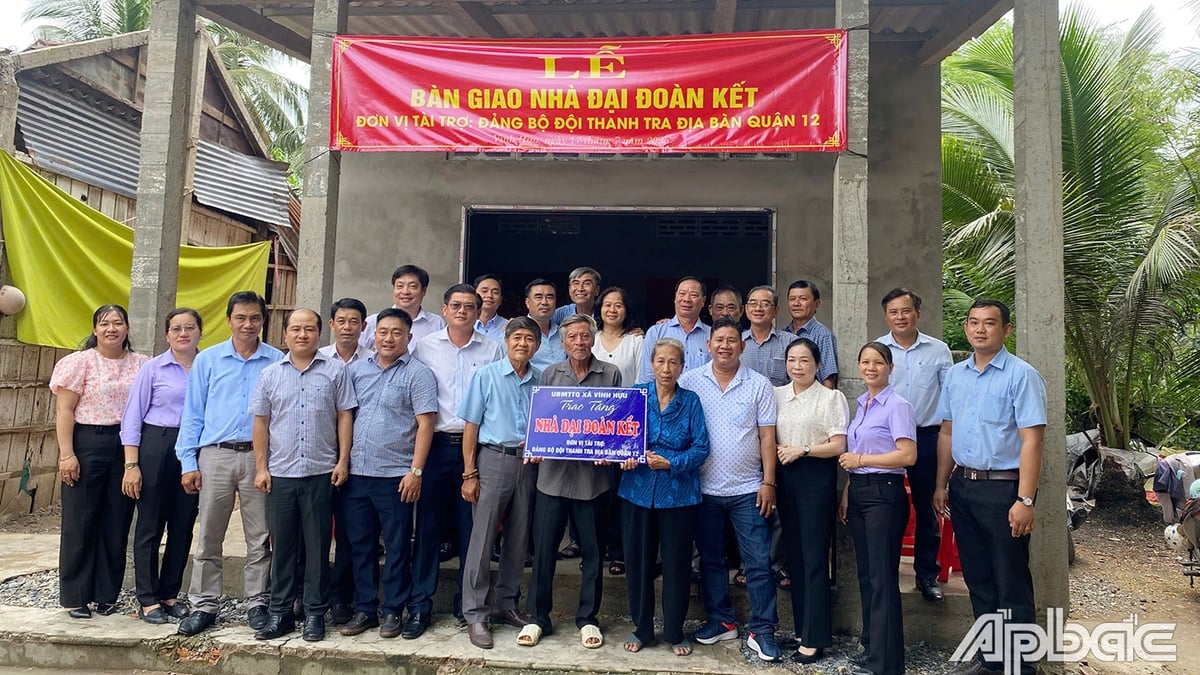
Recently, many officials and civil servants have wondered whether those who resign after July 1 will be entitled to the benefits and policies according to Decree 178 (on policies and regimes for officials, civil servants, public employees, workers and armed forces in the implementation of organizational restructuring - Decree 67 amended) or not.
4 cases need to focus on policy resolution
In reality, after the two-tier government model came into operation, many officials and civil servants had to work far away and had to work hard. Some cases could not arrange their family life so they wanted to quit their jobs and hoped to enjoy the regime and policies according to Decree 178 and Decree 67.
Decrees No. 178 and 67 do not clearly stipulate whether officials and civil servants who quit their jobs after July 1 will be considered and have their regimes and policies resolved according to these two decrees or not.
The resolution of regimes and policies for specific cases is implemented by the head of the agency, organization, or unit directly managing and using cadres, civil servants, and public employees, and is considered and decided by the provincial People's Committee.
However, according to document No. 4177 guiding the implementation of policies and regimes for cadres, civil servants, public employees and workers according to Decrees 178 and 67, the Ministry of Home Affairs recommends that localities focus on resolving policies for 4 subjects:
First are cadres, civil servants and public employees who have less than 5 years left until retirement age.
Second, cases that do not meet mission requirements.
Third, those who do not meet the training requirements according to the professional and technical standards of the current job position.
Fourth, in case of poor health, it will affect the performance of functions and tasks.
The Ministry of Home Affairs also noted that localities should pay attention to retaining cadres, civil servants and public employees who have 10 years or more until retirement age, have working capacity, and have many achievements and contributions to agencies, organizations and units.
Thus, it can be seen that if officials and civil servants wish to quit their jobs after July 1 and fall into one of the four cases mentioned above, they will be given priority in policy settlement.
In the remaining cases, especially for cadres and civil servants with 10 years or more until retirement age, who are capable and have achievements, localities will pay attention to retaining them in the administrative apparatus.
The Ministry of Home Affairs is synthesizing, reviewing and developing a plan to propose adjusting basic salaries, position allowances, allowances for commune-level leadership positions, as well as regional and specific allowances after the rearrangement of administrative units and reorganization of local apparatus.
The Ministry of Home Affairs will propose a salary and allowance plan for officials and civil servants, especially at the grassroots level, and complete this in July to submit to competent authorities next August.
This is also one of the State's concerns to retain and motivate cadres and civil servants to stay and work in the new apparatus with higher requirements and pressure than before to meet the country's development situation in the new period.
Ensure full legal rights for cadres and civil servants
In addition, in reality, there are many cases where officials and civil servants have questioned whether they are eligible for benefits under Decree 178 and Decree 67 and have submitted resignation applications before July 1 but have not been approved.
According to the guidance of the Ministry of Home Affairs, localities direct agencies, organizations and units to promptly, quickly and in accordance with regulations upon receiving resignation applications from cadres, civil servants, public employees and employees, ensuring full legal rights for cadres, civil servants, public employees, employees and armed forces who resign due to the reorganization of the apparatus and administrative units as prescribed in Decrees 178 and 67.
The Ministry also requested localities to proactively balance and arrange funding sources according to the guidance of the Ministry of Finance to promptly pay policies and regimes for cases where decisions to quit their jobs have been made.
In the process of arranging administrative units and organizing two-level local governments, if cadres, civil servants and public employees wish to immediately resign, the local Party Committee and government shall base on the Resolution of the National Assembly and the Standing Committee of the National Assembly on the arrangement of administrative units at the provincial and communal levels and the overall plan on the arrangement of specialized agencies, administrative agencies and public service units when implementing the two-level government model to consider and decide to let them resign immediately and enjoy policies and regimes according to Decrees No. 178 and 67.
For agencies, organizations and units that are dissolved or cease operations, if cadres, civil servants, public employees and workers wish to resign, the head of the agency, organization or unit, before dissolution, together with the Party Committee and government at the same level, shall consider and decide or report to the competent authority for consideration and decision, without having to conduct a quality assessment of the team.
According to the Ministry of Home Affairs, as of June 30, there were 57,158 people subject to organizational restructuring, of which 43,207 people had quit their jobs, including retirement and resignation.
Regarding support funding, 25,611 people have received subsidies, accounting for 62.39% of the total number of people laid off (excluding police and military forces), with a total payment of VND 26,947 billion.
HA (according to Vietnamnet)Source: https://baohaiphongplus.vn/4-truong-hop-cong-chuc-nghi-viec-sau-1-7-duoc-huong-che-do-theo-nghi-dinh-178-416526.html





































































































Comment (0)